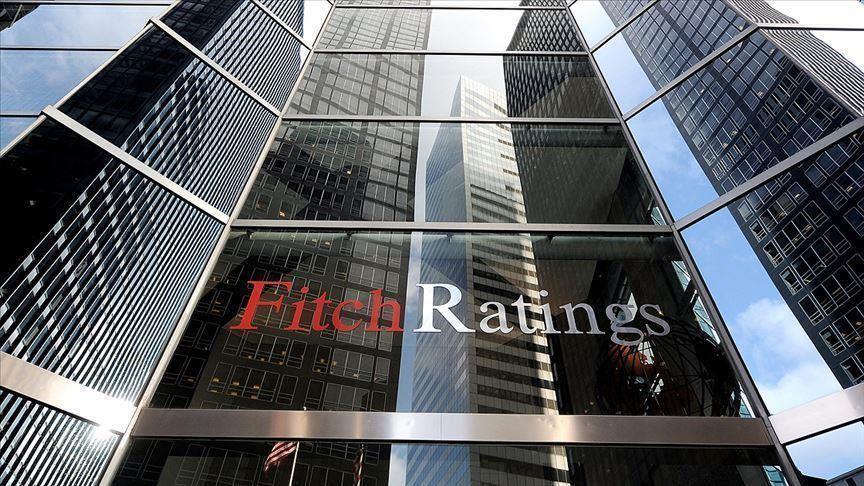Fitch Ratings has significantly revised up its 2022 and 2023 oil price predictions to reflect increased risk of supply disruptions of Russian hydrocarbons following the conflict in Ukraine, and unfolding plans of European and some non-European countries to reduce their dependency on Russian fuel.
The rating agency increased its 2022 price forecast to $100 a barrel from $70 a barrel for Brent and raised WTI oil prices to $67 a barrel from $95 a barrel.
The agency forecast that Brent price would average $80 a barrel in 2023, up from $60 a barrel in its previous estimate, while the forecast price of West Texas Intermediate (WTI) increased from $57 a barrel to $76 a barrel.
Fitch attributed the increased oil price assumptions for both Brent and WTI benchmarks to significantly heightened supply disruption risks and the possibility that several million barrels of oil per day (bpd) could be removed from the market as a result of sanctions or counter-measures if the Russia-Ukraine conflict continues to escalate.
Russia is the third-largest oil producer, which is dependent on fossil fuel exports for 40% of its federal budget and supplies approximately 8% of global demand.
Global demand and oil consumption have almost returned to pre-pandemic levels, Fitch said, while increases in OPEC+ supply have been in line with the previously agreed schedule, with another increase of 400,000bpd due in April.
To close the gap between supply and demand and eventually alleviate market tightness over time, Fitch said there are several sources of additional crude supplies.
Although OPEC+ group had difficulties in completing its monthlt targets, output increase of some OPEC+ members like Saudi Arabia and the United Arab Emirates (UAE) may help. These countries have spare capacity of about 2 million bpd and 1million bpd, respectively, however there is no commitment from these countries to increase production to compensate for potential losses of Russian oil.
Furthermore, there are reportedly discussions to relax sanctions against Iran, which could add 1.5mbpd of crude supply to the market in the short and medium term, and Venezuela with little clarity over potential additional volumes due to significant underinvestment in the country’s oil infrastructure.
Fitch also said some Russian supplies could be redirected to countries with lower risk of sanctions, freeing up volumes of non-Russian oil for those countries that introduced sanctions.
By Sibel Morrow
Anadolu Agency


